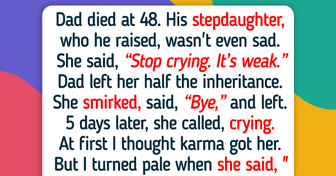10 Dating Stories That Started Like Rom-Coms but Ended Like Horror Movies

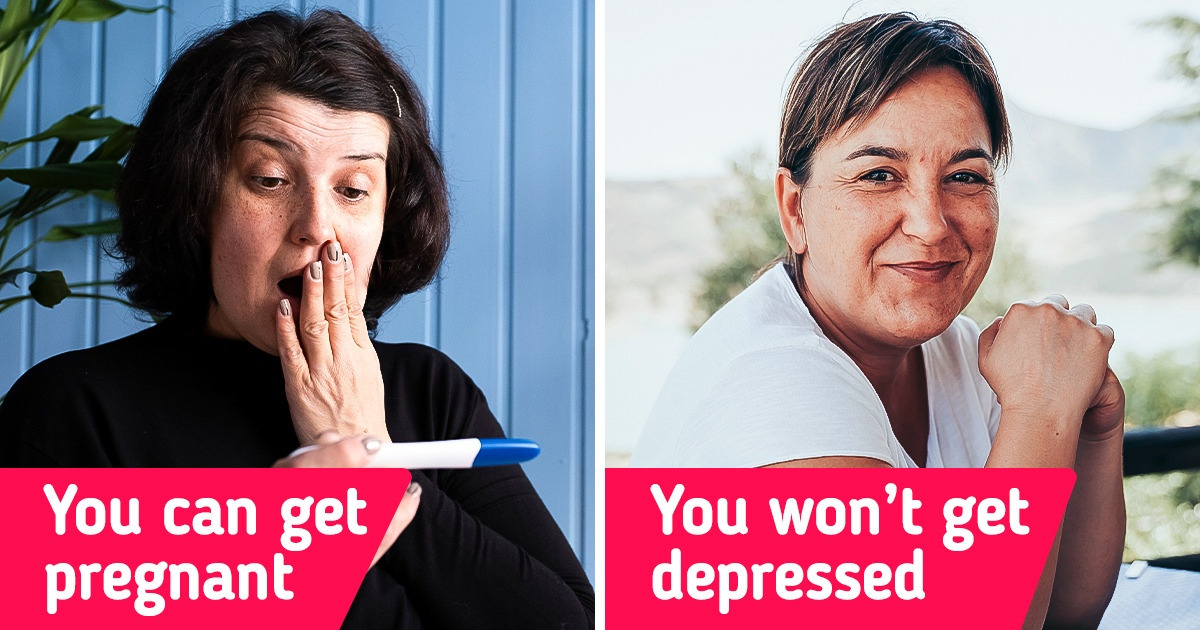
Menopause is a naturally occurring and normal part of every woman’s life, just like her period. It occurs when women start aging, more specifically, when their estrogen levels drop. However, if you start experiencing symptoms that are difficult to bear, it’s important to visit your general practitioner.
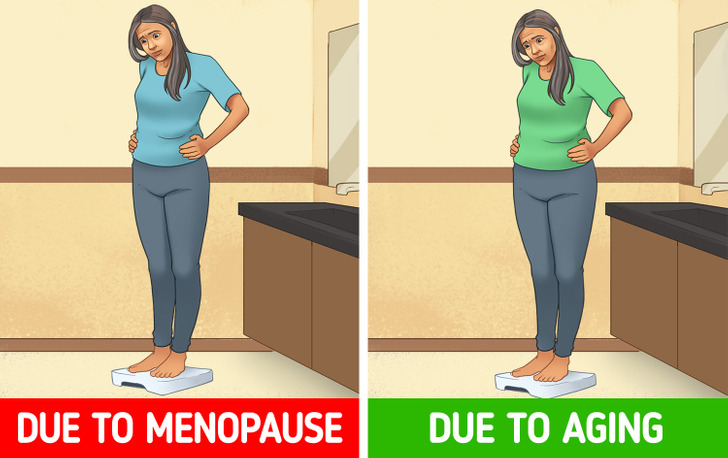
Just because some women might say that they experience hot flashes during menopause, for example, doesn’t necessarily mean that you will too. In fact, hot flashes or other unpleasant symptoms may actually occur before menopause (perimenopause).
With that being said, menopause does not cause weight gain or memory loss. You probably gained weight or forgot your house keys because of environmental factors and aging.

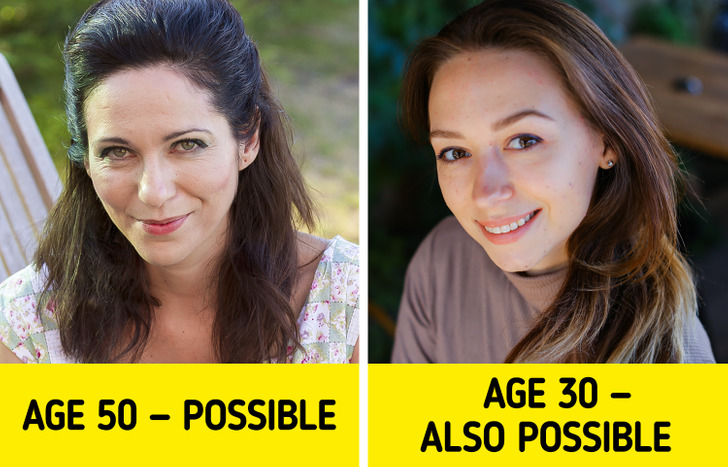
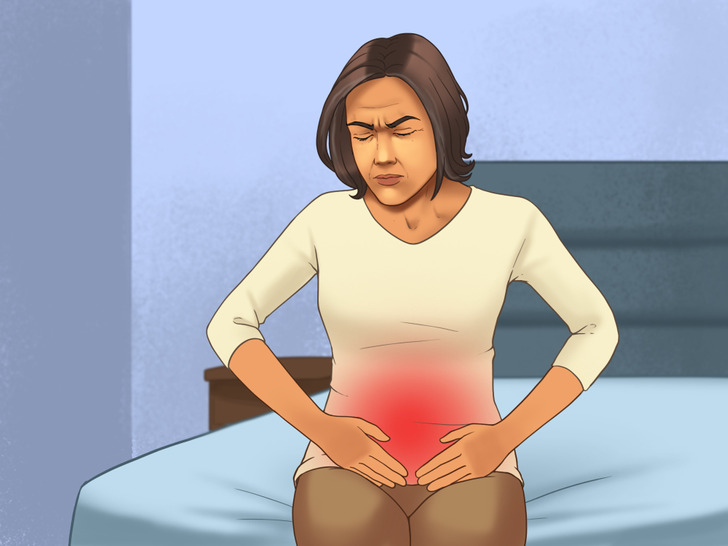
Just before you hit menopause, you may experience pain and cramps in your pelvic area even when you’re not on your period. Muscle tissues are the building blocks of your uterus, and they can compress and cause an irritating experience, but you can always get a heating pad to ease the pain. If the pain is unbearable, then it’s advisable to see a doctor.
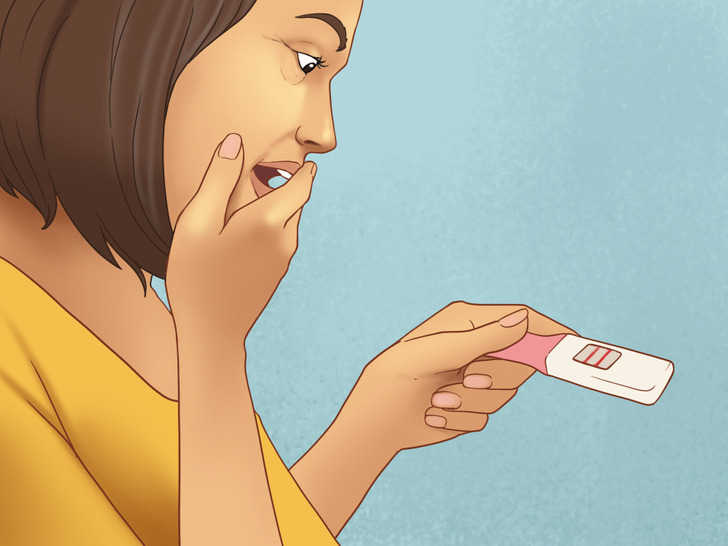
It’s true that the older you get, the less likely you are to get pregnant. However, women still ovulate right before menopause even if they’ve missed a few periods. That goes to say that you should still use birth control after you’ve reached the age of 45.
You should be careful because it can be dangerous to get pregnant when you’re older, specifically for women who have certain illnesses.

Menopause is not an illness, it is just a chapter of your life like puberty is. It’s the beginning of the second half of your life and should be looked at positively.
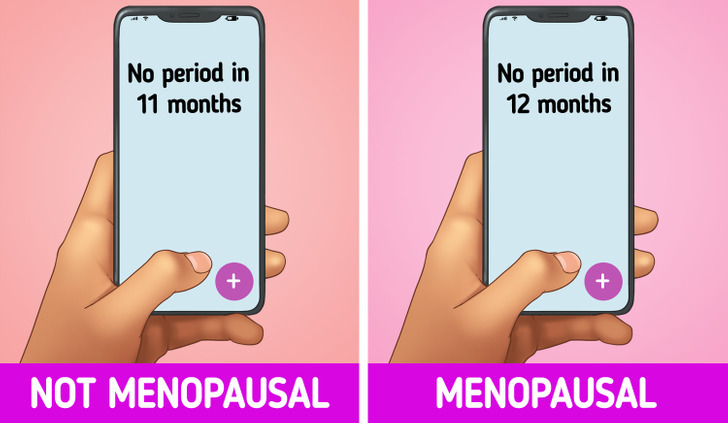
It takes one year of no periods to know for sure that you’ve hit menopause, so just wait it out or use birth control to avoid pregnancy. Over the course of 12 months, if one month you got your period, but missed a few throughout that year, then you can’t be sure whether you’ve reached menopause yet.
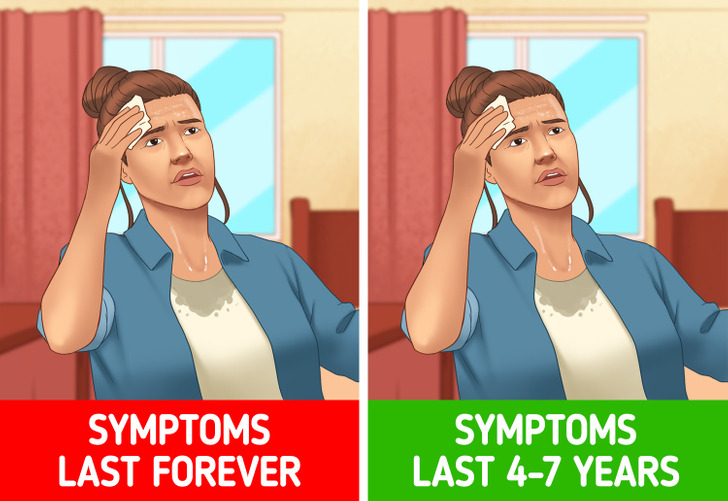
When you reach menopause, your estrogen levels plummet, and when this happens, it takes time for your body to get used to it because it all happens slowly. Even if symptoms persist, they definitely won’t be there forever!
Generally, the symptoms are most troublesome in the beginning (the first couple of years). They can last about 4 and a half years after your last period, and 7 years max. But just like with everything in life, each person is different — for some, it can take less time.

There is a big difference between clinical depression and mood swings as a result of menopause. Clinical depression is a disorder and needs treatment, while a depressed mood is, you know, when you orbit around feelings of sadness.
If your mood swings are continuous, it’s important to take this matter seriously and consult a doctor for help.
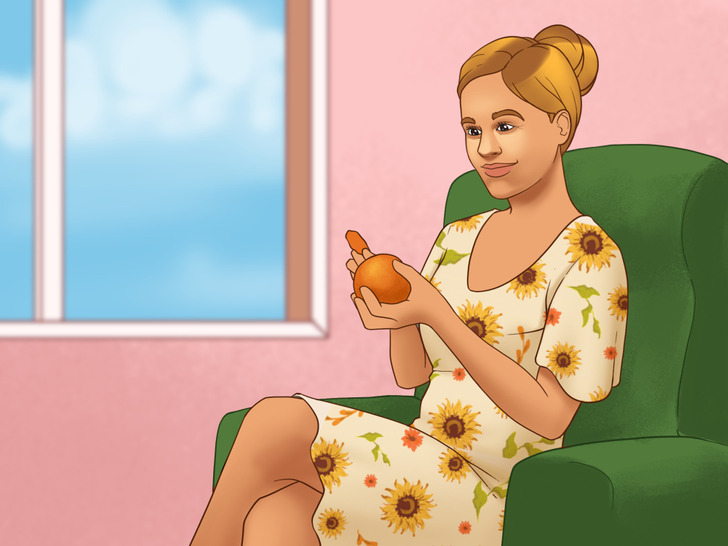
It’s always important to stay healthy — and get healthy, at any age. In order to do so, it’s a top priority to get plenty of vitamin D and calcium, decrease your use of substances and stop smoking, and make sure your mental and emotional health is on track.
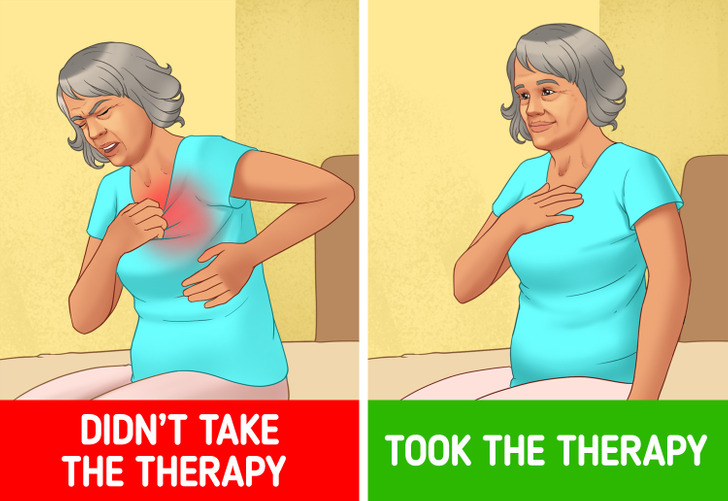
One of the main reasons women are against hormone replacement therapy is because they believe that it may cause breast cancer, heart disease, or stroke.
However, a study conducted showed that women over 60 years old actually benefited greatly from hormone replacement therapy, and the women who aren’t taking this therapy before 60 have a greater risk of developing heart disease.






